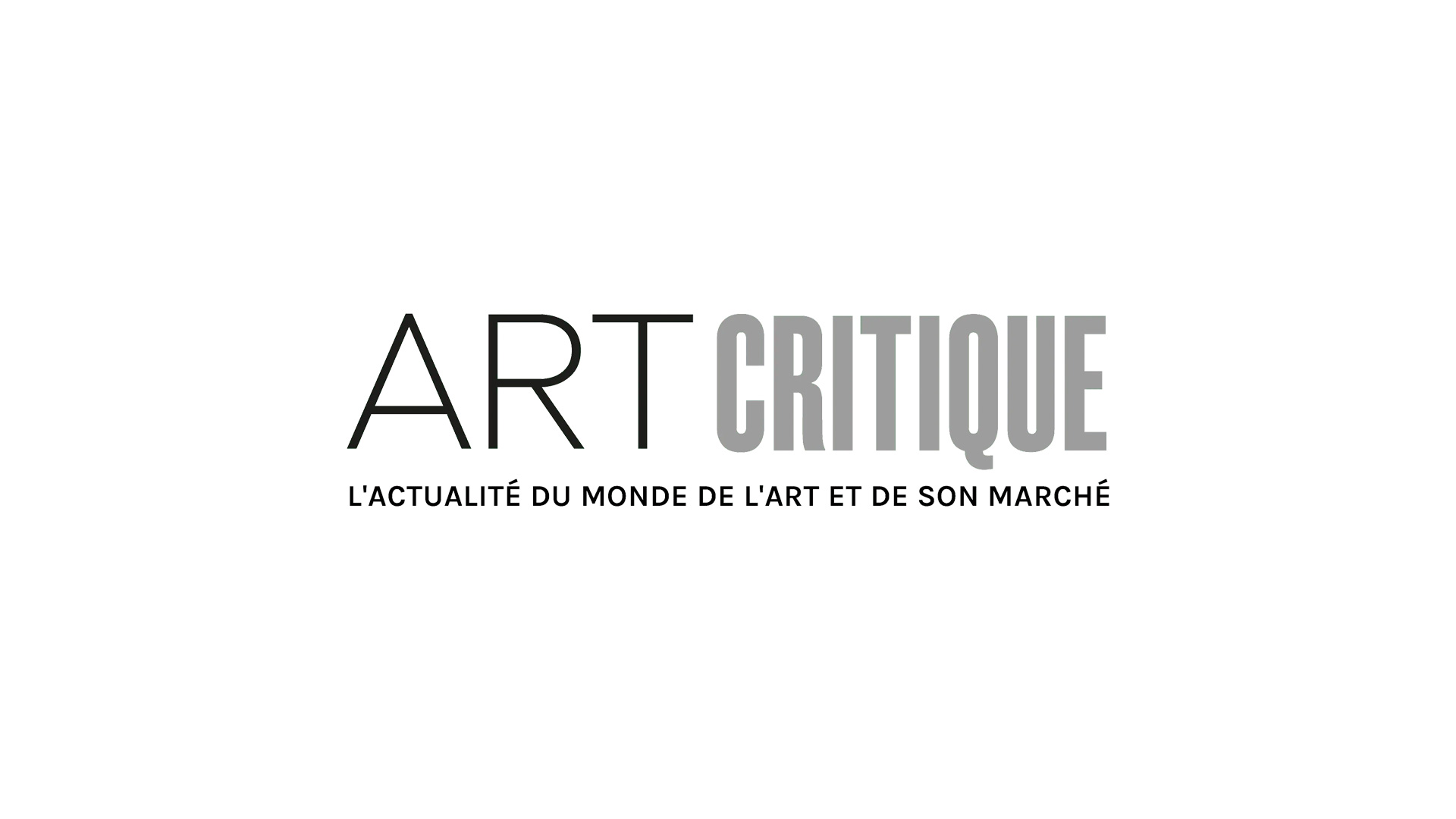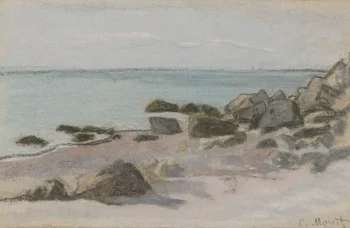Just before US Congress concluded on January 3rd, both the Senate and House of Representatives voted to override President Trump’s veto of the annual defence spending bill, the first such override during Trump’s time in office. Within the bill were provisions that will see stricter regulations implemented on the antiquities market, which has long been speculated to be rife with money laundering and illicit activities.
Trump’s objection to additions to the 2021 National Defence Authorization Act (NDAA) became a moot point after the House and the Senate overrode his veto, on December 28th and January 1st, respectively. The bill introduced legislation that will extend the 1970 Bank Secrecy Act to include the antiquities market meaning there will be federal oversight for financial transactions involving antiquities.
Perhaps the biggest change will be transparency on who is selling and purchasing antiquities, parties who have traditionally been able to remain anonymous. For this reason, the market is speculated to have been a prime place for illicit activities, aiding a growing black market for illegally acquired artefacts.
New protocols to be adopted were first introduced by New York Representative Carolyn B. Maloney in 2019 as part of the Corporate Transparency Act. As one might expect, the regulations proposed by the 2019 act were not popular amongst antiquities dealers as it would require them to disclose client information and will create new hoops for business. There are also those who believe concerns about illicit activities within the antiquities market have been over exaggerated.
“Virtually all transactions of high-dollar amounts in the ancient art business are handled through financial institutions and instruments already covered by the Bank Secrecy Act,” antiquities dealer and president of the American Council for the Preservation of Cultural Property Randall A. Hixenbaugh told The New York Times. Hixenbaugh, who believes illegal activity in the market isn’t as rampant as reported, continued: “Criminals seeking to launder ill-gotten funds could hardly pick a worse commodity than antiquities.”
For others, the news is welcome and necessary. “We believe this type of legislation is long overdue,” John Byrne, an anti-money-laundering lawyer with three decades of experience, said in The New York Times. “This is an area where clearly organized crime, terrorists, and oligarchs have used cultural artifacts to move illicit funds.” Tighter regulations may become even more important with an increase in online transactions due to the pandemic. Last year, UNESCO warned that more online sales would lead to more illegal activity facilitating black market transactions.
Kinks in the NDAA will still need ironing and over the next year, the US Treasury Department’s Financial Crimes Enforcement Network will work to determine the reach of new regulations. In reality, it is expected that regulations will look similar to those to regulate the sale of precious metals and jewellery, which flag suspicious activity to be investigated. The use of shell companies will also likely be under scrutiny.
The progress of the new NDAA guidelines will be of interest to those in the antiquities market but also those in the broader art market. As research continues on the link between money laundering, the black market, and the antiquities and art markets, auction houses and dealers may be faced with stricter regulations regarding the sale of artworks, too.





